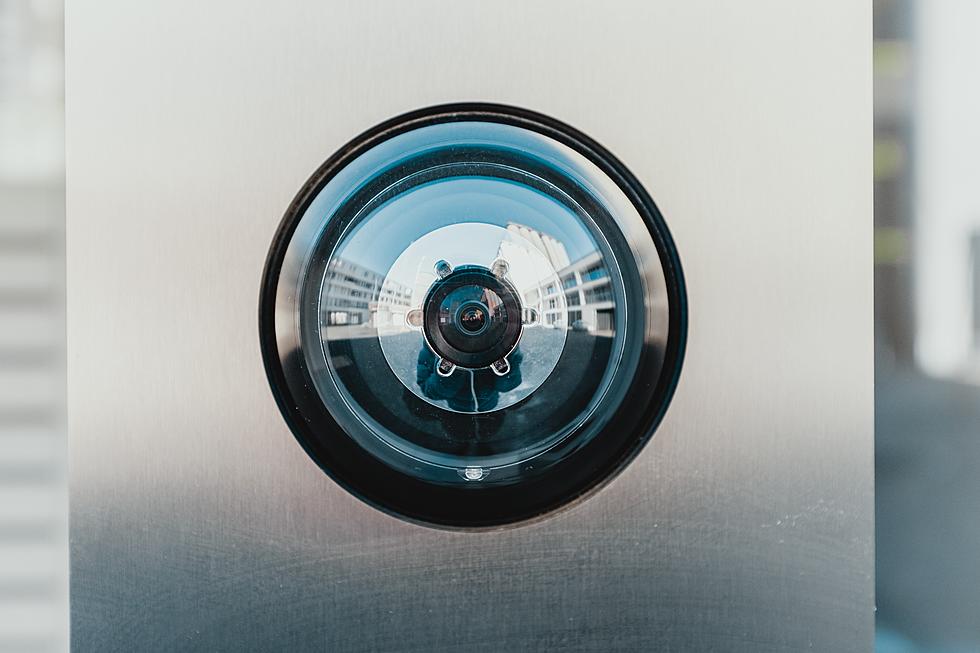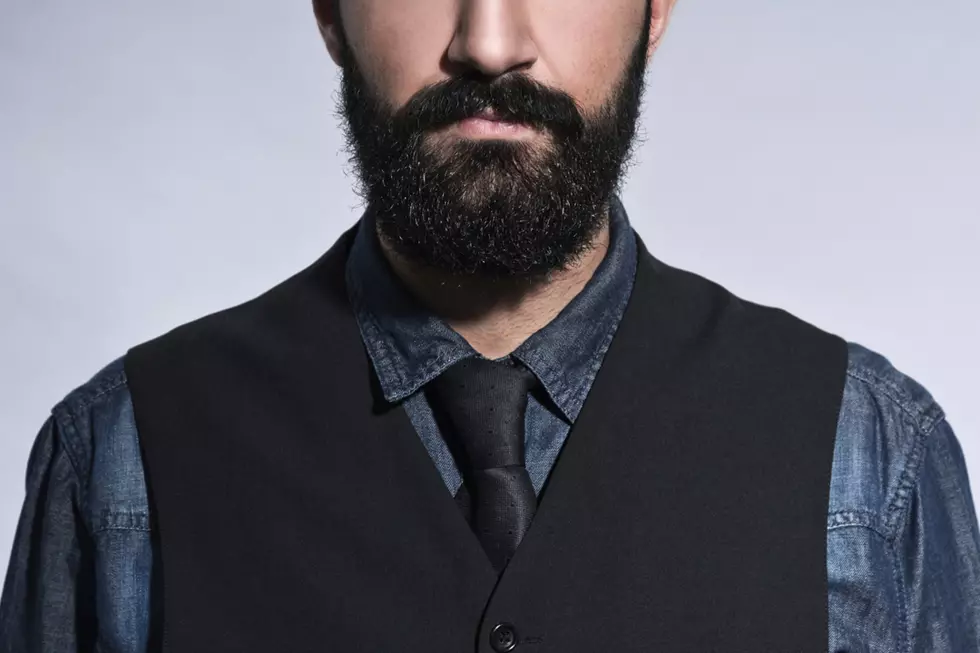
Metroid vs. Castlevania: Which Franchise is the Best?
Castlevania vs. Metroid. The battle between these two highly successful franchises is finally going to be decided. Which one will come out on top?
Slaying vampires and warding off the forces of evil has long been a past time for gamers. Ever since the first Castlevania hit the shelves in '86 we've been slinging whips, tossing holy water, and eating pot roasts we discovered in crumbling brick walls. They've changed formats a bit over the years, with most recent iterations of the series leaning towards exploration, but Castlevania games still give players that same sense of being the lone force of good standing against an onslaught of darkness.
Similarly, the Metroid series puts players in the shoes of space bounty hunter Samus Aran, a solo agent of good exploring the forgotten catacombs of desolate worlds. Both Metroid and Castlevania games tend to follow a similar format -- present the player with a large, open world to explore, and, as they acquire more abilities, more areas of the world will become available. This type of game is known nowadays as Metroidvania, taking heavy influence from both legendary franchises. But, despite the similarities between the two, there's still worlds of difference between Castlevania and Metroid, which begs the question -- Which world-exploring, beast-slaying, power-up-finding franchise is the best?
Metroid
Best Classic Title: Super Metroid
No reason not to put our best foot forward, here -- Super Metroid is one of the best games of all time. Firstly, future game designers should study and dissect every second of it, as it perfectly educates you on how to play the game by using subtle, built-in moments to let the player educate his or herself rather than blasting you with a barrage of expository speech bubbles. Plus there's such a rich atmosphere to Super Metroid, with its pervasive, ominous sense of loneliness, that combines with its perfectly-crafted gameplay to create a unique and amazing experience.
Best Next-Gen Title: Metroid Prime
Reboot. It's a word we, the fans, dread hearing about our favorite franchises. Often they're handled poorly, by people who don't understand what it was that made the original franchise so great (we're looking at you, DmC). Sometimes, though, a team comes along who just gets it¸ and we end up with something that's both entirely new and keeping in spirit with the original. Metroid Prime is one such title. Gamers scoffed at the idea of transferring the beloved franchise to 3D, but when Prime hit Gamecubes around the world, the scoffing stopped. Here we had the same kind of adventure, as spooky, awe-inspiring, and isolated as ever, but brought to life in the third dimension.
Best Handheld Title: Metroid Fusion
The GBA's Metroid Fusion is more akin to the original Super Metroid in its appearance and gameplay, but the biggest things that set it apart are the inclusion of the fusion suit, and Samus's new nemesis, the SA-X. The fusion suit grants Samus new abilities previously unseen in the franchise, like the ability to absorb the DNA of destroyed enemies to gain strength. The SA-X is like Resident Evil's Nemesis, but with more of a twisted reflectiveness to it. At the beginning of the game Samus loses much of her traditional weapon set, and an arsenal that had been yours becomes the SA-X's. You encounter this foe several times, and are forced to watch, in horror, as it uses your abilities against you. Slowly, however, you'll gain in strength until you're eventually able to take down this doppleganger and reclaim what's rightfully yours.
Biggest Embarrassment: Metroid: Other M
In the '80s, Samus' gender was a fairly big deal. Female heroes were pretty lacking in the pop culture of the decade, and even more so in video games. So, to make a strong female hero was quite an accomplishment; an accomplishment furthered by the later entries in the series, which solidified Samus as the stoic badass we all know and love ... which is part of what makes 2010's Metroid: Other M so damn infuriating. Rather than being the taciturn, self-motivated badass she previously was, we saw a young Samus, one insultingly subservient to the men around her. It didn't help that Other M's gameplay wasn't anything special. When you combine these two factors together, you get a Metroid game that most fans would rather sweep under the rug.
Castlevania
Best Classic Title: Super Castlevania IV
It's hard for a Super Nintendo game to be scary, but ask anyone who was a kid in the '90s, and they'll probably tell you that Super Castlevania IV managed to bring the spooky in droves. Creepy music, an eerie atmosphere, and monstrous foes all helped it stand out against a sea of similar platformers, and its tight gameplay secured it as a classic SNES title.
Best Next-Gen Title: Castlevania: Symphony of the Night
Symphony of the Night marks the Castlevania series' transition from a platforming action/adventure to the "Metroidvania" format it's known for today. SotN is a game about progression of player power and exploration. While you may start the game off relatively weak and slow, by the end of it you'll be blazing around as a wolf, bat, or mist, super-jumping around the castle like a madman while slinging spells and slashing your blade at the speed of light. Plus, the game is jam-packed with secrets. When most players' completion percentage closes in on 100%, they'll think they're almost finished with the game ... when, in fact, they're less than halfway through. There are so many secret nooks, crannies, and items to be discovered that players are still uncovering new aspects some fifteen years later.
Best Handheld Title: Castlevania: Dawn of Sorrow
Dawn of Sorrow manage to take much of what made Symphony of the Night great and distill it down to hand-held size. Everything you could want from a Metroidvania title is there, along with some charmingly-crafted 2D sprites, amusingly-written dialogue, and a story that should be very pleasing to long-time fans of the Castlevania series.
Biggest Embarrassment: Castlevania Judgment
The phrase "Wii-exclusive fighting game" should let you know what a crapfest you're in for with Castlevania Judgment. The fighting mechanics are dull and repetitive, with super move animations that go on for so long it'll make you question whether you're still alive or you died and you're now forced to sit and watch super moves for all eternity. The game has most of Castlevania's greatest characters, but in bizarre, bastardized form, like Simon Belmont's Tetsuya Nomura-inspired feminine armor, or Eric LeCarde and Maria Renard, who are both inexplicably children. Who wants to play a fighting game where you play as/beat up a 10-year-old?
Winner: Metroid
There may have been more Castlevania games, but there have also been more crummy Castlevania games. Outside of the detestable Metroid: Other M, any given entry in the Metroid series is either good, great, or mind-blowingly amazing. It was a close fight between these two franchises, and we had to think long and hard about which one we deemed the stronger series. But don't just take our word for it: weigh in and voice your opinion. Which franchise do you think is better, Metroid or Castlevania?
More From Q 105.7

![Do You Want Chick-Fil-A At Thruway Rest Stops? [POLL]](http://townsquare.media/site/81/files/2021/07/attachment-brad-stallcup-PpGsqDOaNdI-unsplash.jpg?w=980&q=75)








